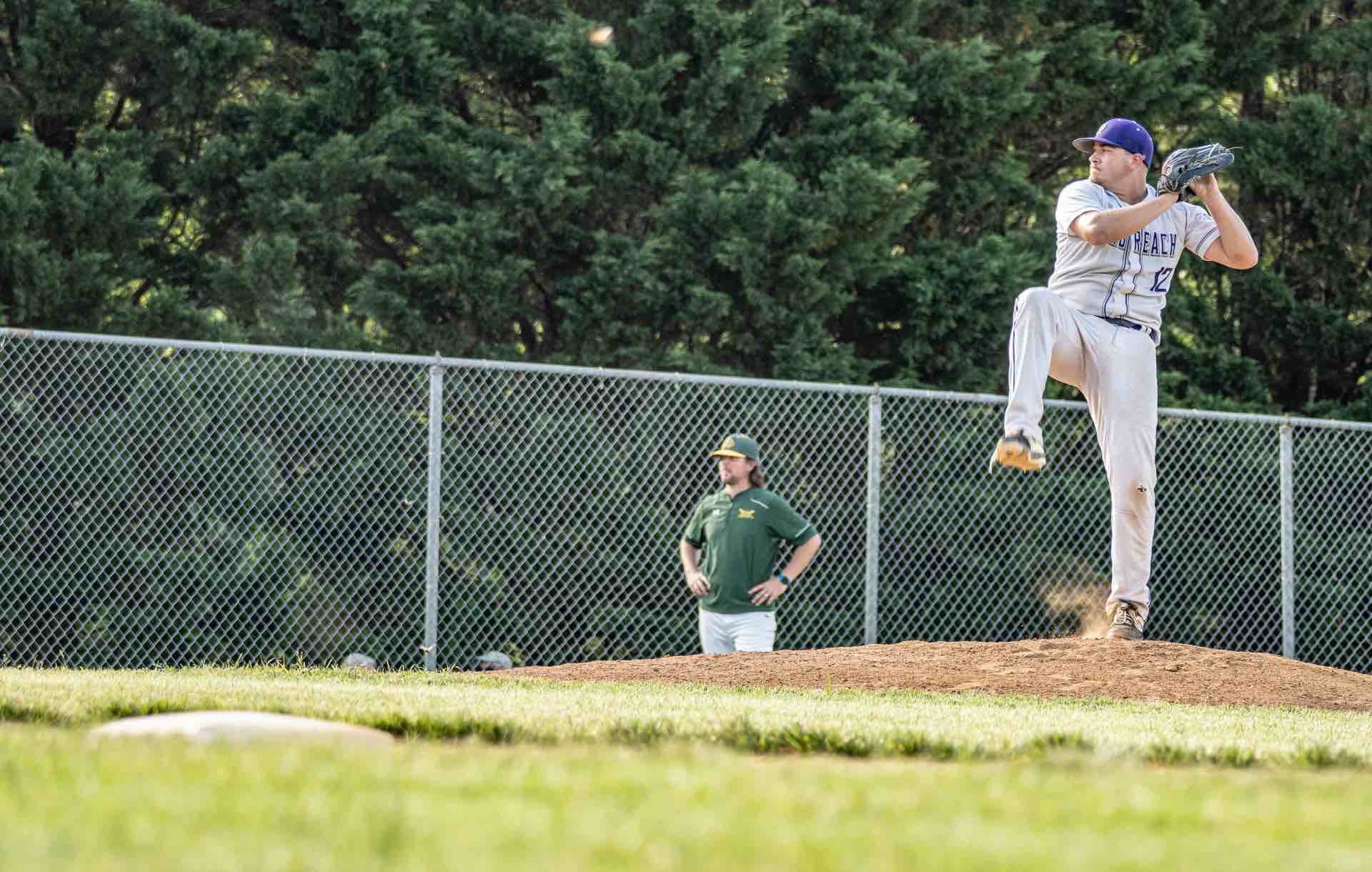Starting the college recruiting process? Here are six questions to ask yourself.
The Recruiting Process
Starting the recruiting process and looking for a good fit in a program?
Before beginning this process, I encourage students to do an internal “check in” and ask themselves a few questions. Here are six questions that can serve as a starting point for introspection!
1. Do you really, truly love your sport?
“I’d love to play my sport at the next level, but only if it helps me get into a top ranked school.” Working as the recruiting coordinator at Moxie, I’ve heard this refrain countless times from students!
Not only is the recruiting process arduous and demanding, but playing your sport at a collegiate level will demand lots of time and energy! Do you want most of your free time outside the classroom to go towards your sport? Do you want your social life to mostly revolve around your team? This will likely be the case if you are playing for a collegiate sports team. Be honest with yourself about what you want out of your college experience.
2. How much of a commitment are you willing to take on?
When looking at different programs, considering asking these questions: Is there an “off-season” for your sport, or is it pretty much an intense year round commitment? What do student-athletes do during their summers? Do student athletes partake in other hobbies outside their sport?
Try and figure out how much a commitment you are looking for.
3. What type of culture are you looking for?
Team culture is a key part of any program. Do you want a competitive or relaxed team culture? Do people on the team live together?
While it can be hard to gauge exactly what a program’s culture is, consider talking to players on the team about what they like and don’t like about the team further along in the recruiting process.
4. Do you value play time?
Be honest with yourself: Would you be okay committing 3-5 hours a day to your sport, and not seeing any play time? I cannot stress how important it is to be honest with yourself about this one. Working with student-athletes in the recruiting process, the most common disappointment I see isn’t the school, the program, the coach, or the team—it is not getting play time. Many athletes neglect thinking about this, and then find themselves disappointed.
5. If you got injured tomorrow and could never play your sport for the rest of your life, would you still want to attend the school?
Of course, while no one hopes for injury, it’s important to remember that this is a real possibility! Try and imagine yourself at a school without your sport: would you want to go there?
Coaches and the Recruiting Process
Also, even though hopefully you will not get injured, it is also key to remember that coaching changes are incredibly common. While it is important that you like the coach that is recruiting you, these changes are far more common than you think, and might impact your experience!
6. What is the level of athletics that you’re looking for?
Do you have a preference between playing for a D1 versus D2 versus D3 program? Remember that D3 programs cannot give athletic scholarships, which often factors into the culture of the athletic program.
Do you care about being part of a winning program? Does it matter to you whether or not the program you play for is winning conference championships or making the NCAA tournament?
The College Recruiting Process: Where to Go from Here?
After asking yourself these questions, you might be wondering where to go from here. It’s okay if you don’t know the answers to all these questions yet!
Our recommendation is to take as much initiative as possible by casting a wide net to different schools. The best way to learn about what you want in an athletic program is to reach out to college coaches, form relationships with them and see what different schools have to offer!
While there is no “perfect school” that has everything you want in terms of academics, athletics, location, size and more, taking initiative will help you get closer to figuring out your future.
If you have any questions about the recruiting process, please feel free to contact us.
Share this article

Follow us
A quick overview of the topics covered in this article.
- The Recruiting Process
- 1. Do you really, truly love your sport?
- 2. How much of a commitment are you willing to take on?
- 3. What type of culture are you looking for?
- 4. Do you value play time?
- 5. If you got injured tomorrow and could never play your sport for the rest of your life, would you still want to attend the school?
- Coaches and the Recruiting Process
- 6. What is the level of athletics that you’re looking for?
- The College Recruiting Process: Where to Go from Here?
Latest articles
Reading Time : 4 mins
Reading Time : 2 mins
Reading Time : 3 mins




